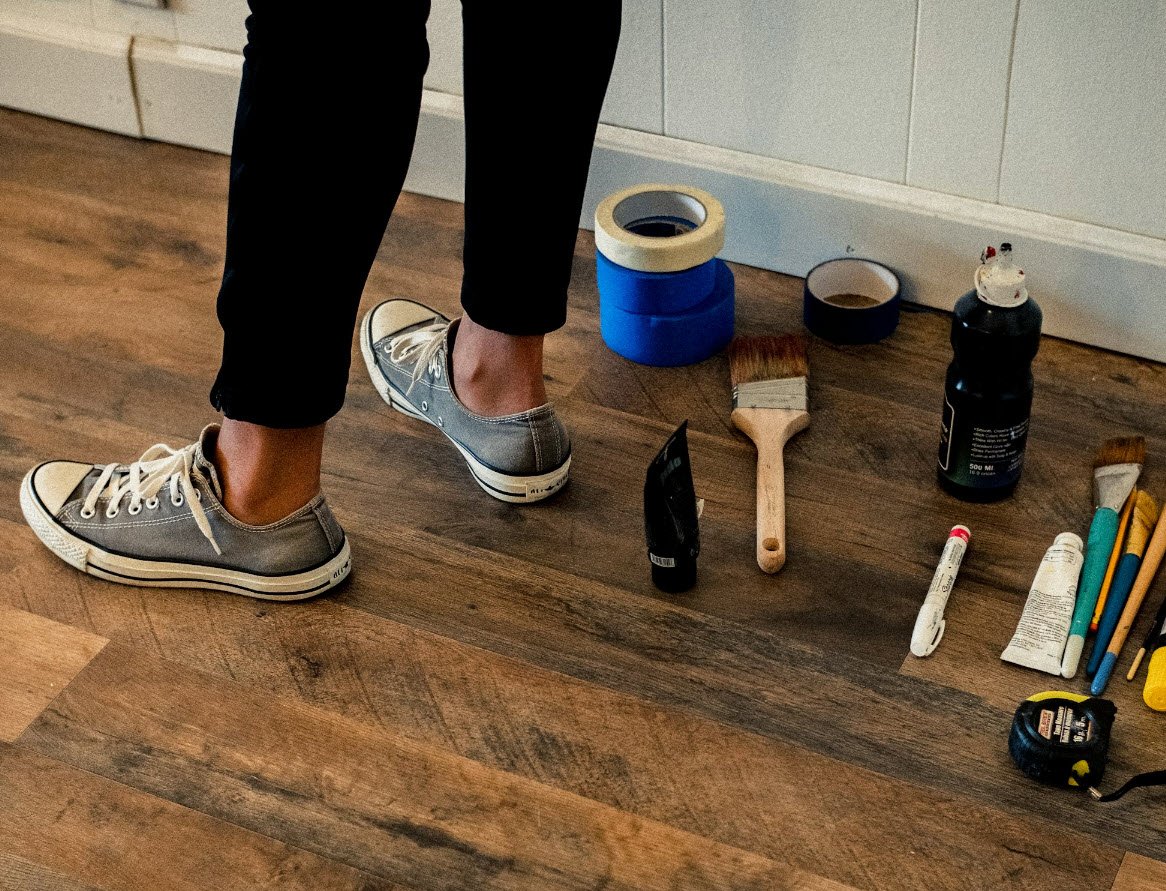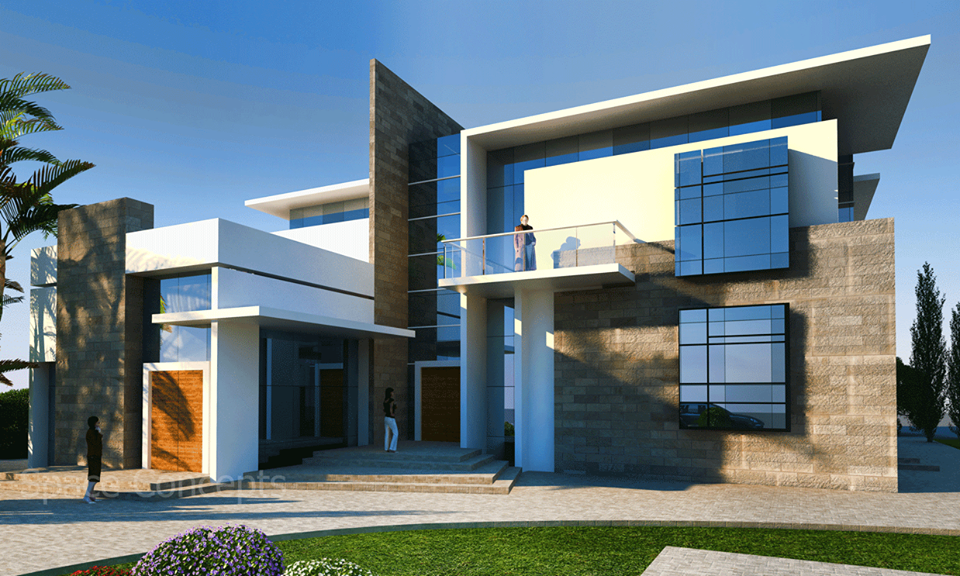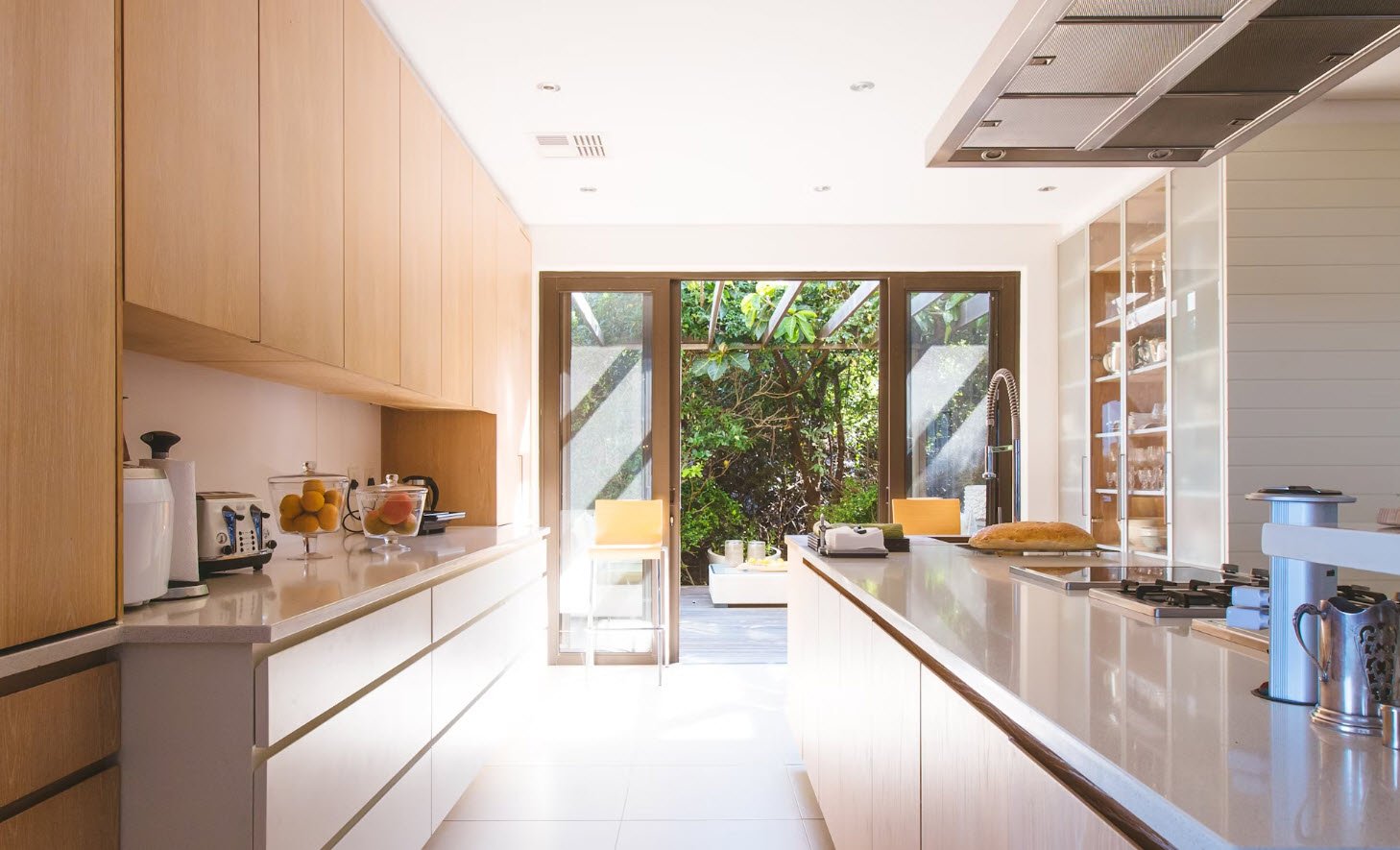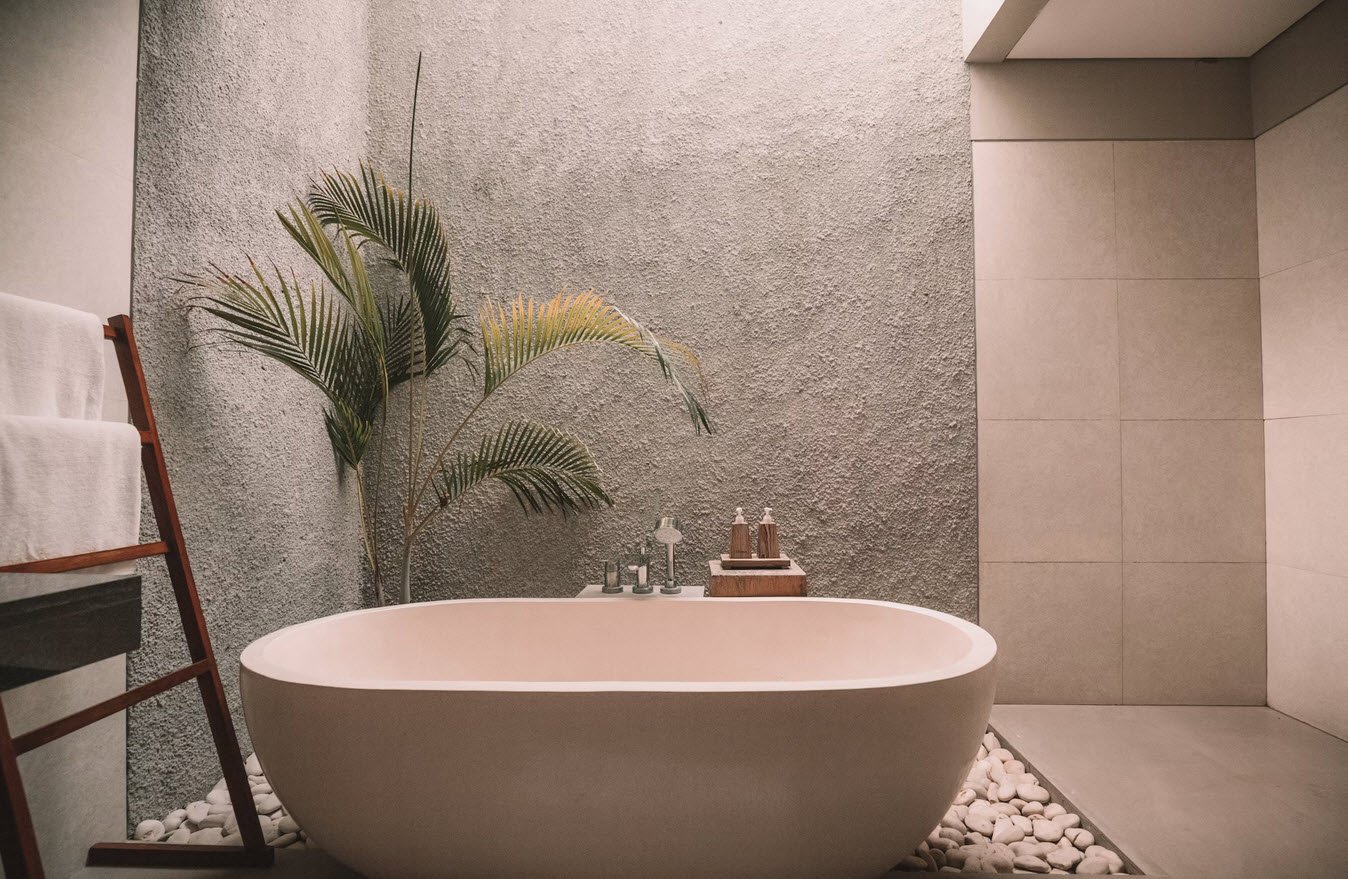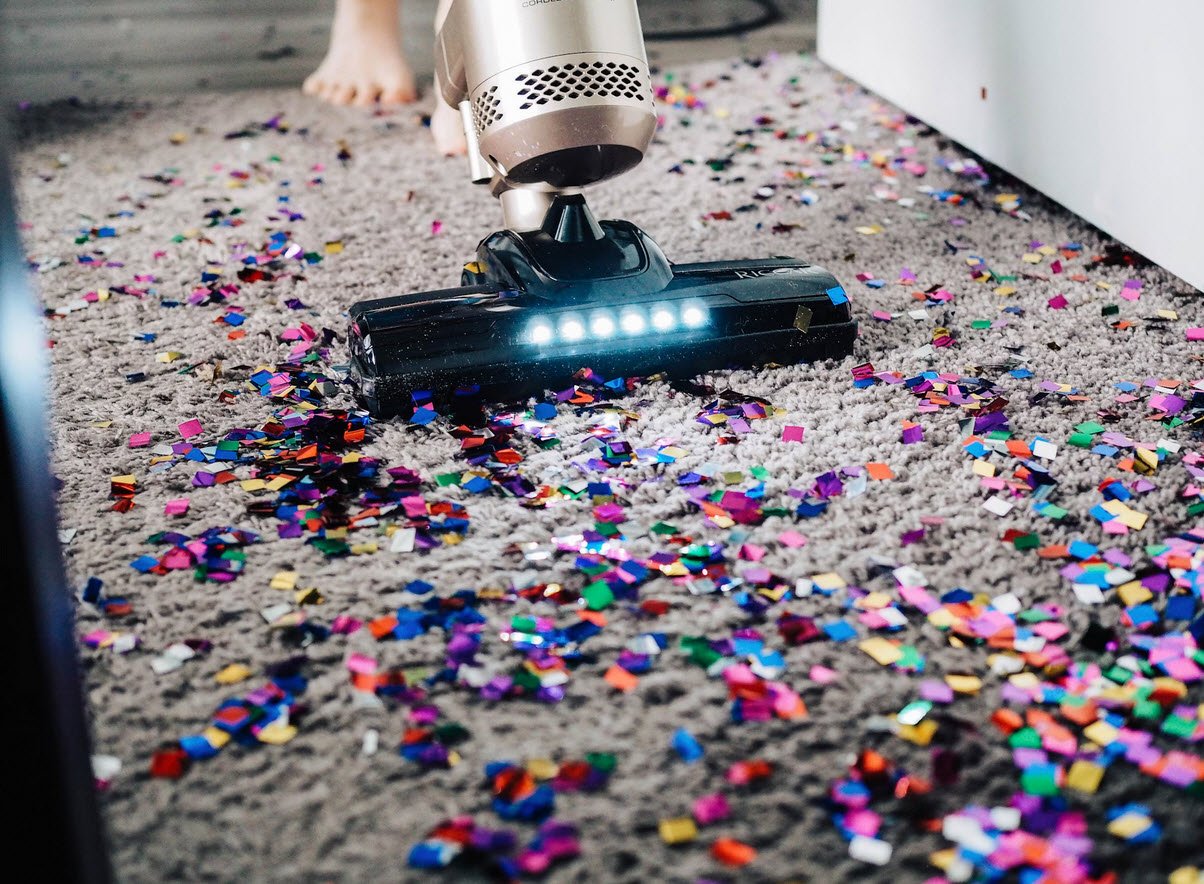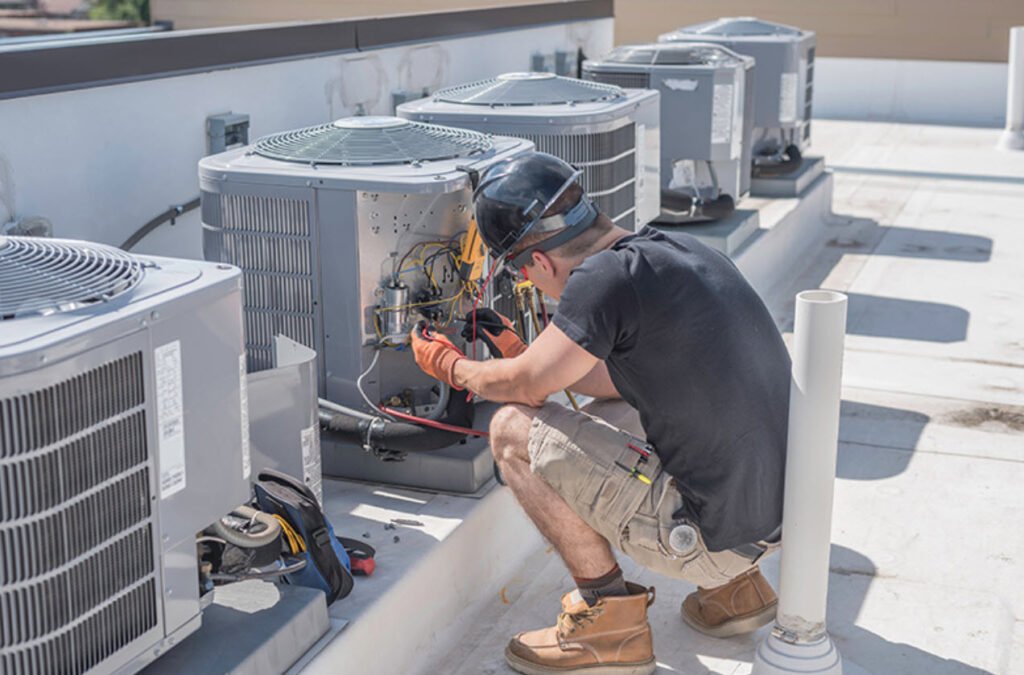
Heating, ventilation, and air conditioning (HVAC) systems play a crucial role in maintaining comfortable indoor environments. However, these systems are not immune to malfunctions, and understanding the common reasons for HVAC failure can help homeowners and businesses prevent costly repairs and ensure optimal performance.
In this article, we’ll explore four common reasons for HVAC failure and discuss how to avoid them.
1. Debris Around the Unit
One of the leading causes of HVAC failure is the accumulation of debris around the unit. Outdoor HVAC units are exposed to the elements, and over time, leaves, dirt, grass, and other debris can build up around the system, hindering airflow. Restricted airflow forces the HVAC system to work harder, leading to increased energy consumption and potential damage.
Prevention: Regularly inspect the area around your outdoor HVAC unit and remove any debris. Trim vegetation to ensure proper airflow, and consider installing a protective barrier, such as a fence or mesh, to prevent debris buildup.
2. Improper Installation
Improper installation is a significant contributor to HVAC system failures. When HVAC systems are not installed correctly, various issues may arise, including inadequate airflow, refrigerant leaks, and electrical problems. Poor installation not only compromises system efficiency but can also lead to premature component failure.
Prevention: Hire a qualified and experienced HVAC professional for system installation. Ensure that the technician follows manufacturer guidelines and local building codes. Investing in proper installation can save you from costly repairs and improve the longevity of your HVAC system.
3. Lack of Maintenance
HVAC systems, like any mechanical equipment, require regular maintenance to operate efficiently. Neglecting routine maintenance tasks can result in reduced performance, increased energy consumption, and a higher risk of system breakdowns. Common maintenance tasks include cleaning or replacing air filters, inspecting ductwork, and checking for refrigerant leaks.
Prevention: Create a maintenance schedule and adhere to it consistently. Replace air filters every 1-3 months, clean evaporator and condenser coils annually, and schedule professional maintenance at least once a year. Regular maintenance not only prevents system failures but also enhances energy efficiency.
4. Improper Sizing
HVAC systems must be appropriately sized for the space they are intended to cool or heat. Undersized units struggle to maintain desired temperatures, leading to increased wear and tear, while oversized units may short cycle, causing unnecessary stress on components. Improper sizing can result in discomfort, high energy bills, and a shortened system lifespan.
Prevention: Consult with a qualified HVAC professional to determine the correct size for your system based on the size and insulation of your home or building. Avoid the temptation to install a larger unit, thinking it will provide better performance, as this can lead to more significant issues in the long run.
Conclusion
Understanding and addressing the common reasons for HVAC failure is essential for maintaining a comfortable and energy-efficient indoor environment. By preventing debris buildup, ensuring proper installation, conducting regular maintenance, and choosing the right system size, homeowners and businesses can extend the life of their HVAC systems and avoid unnecessary expenses.
Regular attention to these factors will contribute to a reliable and effective HVAC system that keeps your indoor spaces comfortable year-round.
You may also like:- 10 Home Improvement Trends That Will Dominate 2025
- The Ultimate Collection of 200+ Trending House Designs
- 12 Stunning Kitchen Renovation Ideas You Can Do on a Budget
- 30+ Stunning Inspirations for Your Space – Latest Wall Design Ideas
- Top 6 Tips for Choosing the Right Bathtub
- 12 Tips To Remove Stains With Carpet Cleaners
- Top 6 Time Management Tips for Home Improvement Projects
- Top 15 Tips to Buy Real Estate Successfully
- 10 Important Things to Consider Before Designing a New Kitchen
- The Pathway to Your New Home – A Brief Guide

